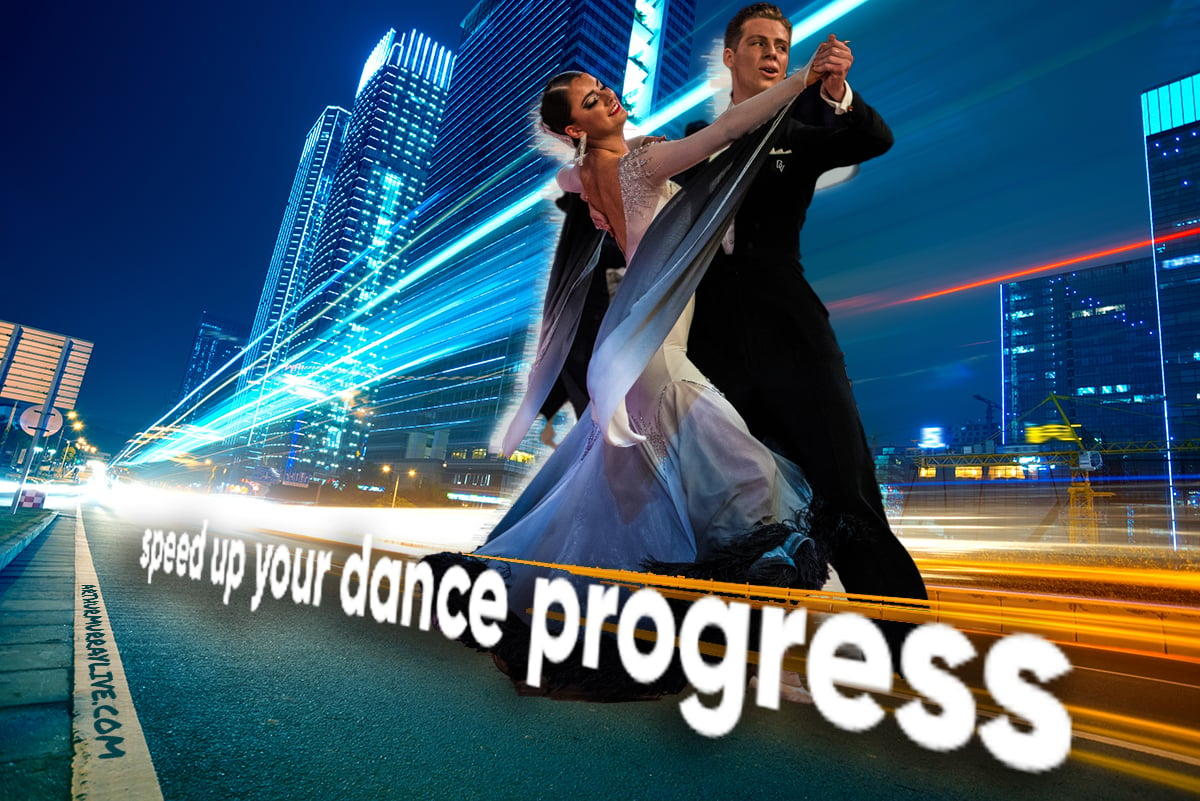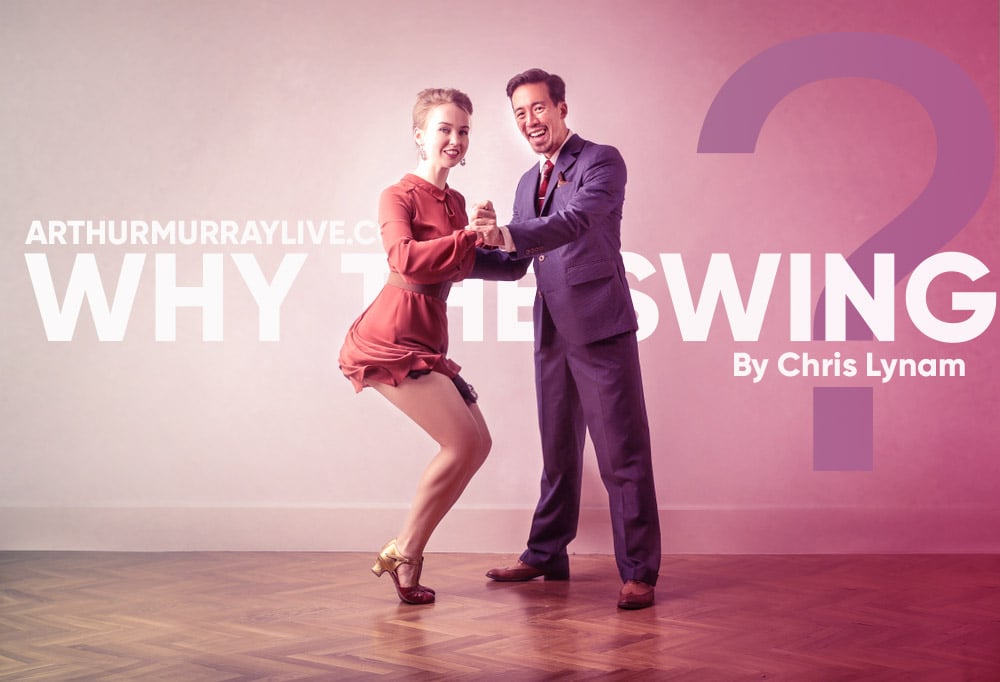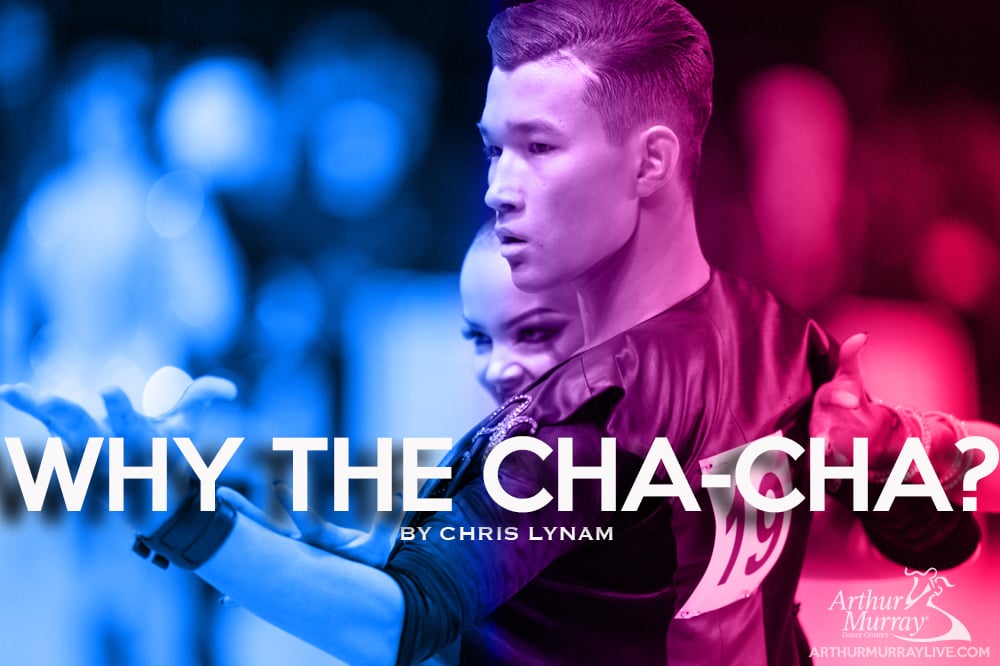 Are You a Victim of Your Own Ballroom Dance Criticism?
Are You a Victim of Your Own Ballroom Dance Criticism?
You've probably heard it before watching sports. You know, that statistic where the broadcaster says "60% of this game is mental, the rest is physical."
Well Ballroom Dancing adds about 20 percentage points in the mental column.
Sure, good dancing is an extremely physical activity, but the process of learning, making progress, and succeeding is all mental.
Just ask any dancer you know... or ask that voice inside your head.
As easy as dancing may look, it's just as easy for skilled dancers to second guess, inhibit, or derail their progress with one common ingredient: A Critique.
The Main Sources of Self Criticism in Ballroom Dancing (and solutions)
 Evaluating in the Mirror
Evaluating in the Mirror
Famed Latin Dance coach Ruud Vermeij is one of the thought leaders in the mental approach to dancing. He's gone as far as saying that the first step to truly dancing from your heart is to destroy all the mirrors in your dance school. Here's a quote from his article "Do You Accept Yourself"
"You overcome your stuff by accepting and bypassing it... by concentrating on the job on hand focus on physical experiences rather than mental occupation."
Why This Happens
A mirror is a security blanket. In fact, it's just an advanced extension of looking down at your feet. But at some point, you need to look someplace else, trust that your body can do the job, and eliminate this self evaluation momentum trap as best you can.
What You Can Do
1. Try a practice where you only look above the mirror, or your image in it. After all, from a performance standpoint, this sets your posture up to play to the back row, rather than the front.
2. If possible, dim the lights. This will allow you to tune in to what you are feeling and doing, rather than what you are seeing and thinking.
Try This: Warm up time is the most critical juncture of your practice. It sets the tone. So have a warm up routine that you stick to. 10-30 minutes of basics + 10-30 minutes of stretching before you tackle anything with your partner will do the trick.
 Self Defeating Monologue
Self Defeating Monologue
Imagine if someone transcribed your inner monologue before you walked out to perform your next Dance Routine.
Would that read like the motivational scene at the climax of a movie, or the most depressing motivational speech that could potentially unleash a curse and hospitalize Tony Robbins?
Why This Happens
There's a part of us that can be a dream killer. The one sliver of sub-arctic "realism" that can survive the tropical sunshine of ballroom dancing positivity. When something goes well, that realism waits for the rug to be pulled out. The result is developing an inability to fully enjoy the progress you've made.
What You Can Do
Approach this like responsible drinking. You walk into the party, you hand your keys to the designated driver, and you give them full license to tell you off, or call you a cab if you try to drive home.
Communicating with your dance partner, or your dance teacher, ahead of time makes those negative moments much easier to manage. Emotionally speaking, you're taking care of things while you're sober.
Say This: "If at some point I start getting frustrated, or if you see me talking to myself in the corner, you have my full permission to tell me to get over it and get back to dancing."
 Low Momentum
Low Momentum
Everything has potential momentum: Good things and Bad things. From time to time a negative critique or assessment can start to build negative momentum which postpones any physical progress.
Why This Happens
Generally speaking, this is usually some type of undigested feeling about your progress. This can be based on a dance competition result, or feedback that may have caught you off guard. Other times, it can be something completely unrelated to dancing, but that doesn't stop it from negatively affecting your mood.
What You Can Do
1. Not to be too simplistic, but dancing really helps. It helps both amateurs and professionals elevate above the fog of negativity.
2. How fast are you moving? This is not about the Salsa versus the Foxtrot, but the slower you are moving, the less physically active you are, the easier it is for negativity to creep in.
Try This: Dance full out in all of your competition or social dances for 5-10 minutes, make sure you work up a sweat, and if it's still a concern - set up time to chat about it later.
 Positivity Filtering
Positivity Filtering
There are times when you can find the negative needle in the positive haystack. Whether this was due to formal or informal feedback, any dancer is capable of tuning out all the positives that may have accompanied the message.
Why This Happens
This is not just restricted to dancing, but there are moments, or seasons, where you see what you're prepared to see, hear what you're prepared to hear, and tune in exclusively to the Negative.
We can become susceptible to this for the reasons listed above, but the primary culprit is a general loss of perspective. Being primed towards the negative when it comes to dancing is a little like being upset at your birthday party.
You're surrounded by a positive environment, but still feel like no one cares.
What You Can Do
1. Ask Yourself Better Questions. What was my dance problem this time last year? How big a deal is that now? What has learning to dance done for my general happiness? Why am I being such a dork about this current dance problem?
2. Have Your Teacher Help. Lo and behold, you have a teacher. The more you communicate with said teacher, the less important your negative sniffing bloodhound monologue becomes. Teachers have an interesting way of shedding light on these momentary lapses in positivity.
Try This: Find the earliest picture of you dancing. Notice how happy you were even without all the great things you know now. Next, find a picture of yourself before dancing. Maybe only you can see that there was something missing, the puzzle piece that dancing has since filled. The more intentional you become about reminding yourself of how far you've come, the less likely you'll fall victim to this perspective-lacking attack.
Final Thought
Ballroom Dance problems are a few shrubberies away from Topiary Garden problems, or Bora Bora vacation problems. It's pretty first world.
But critical commentary has no restrictions.
As ballroom dancers it's important that we take a moment to mentally (or physically) pinch ourselves and think back to the days before dancing. Those days when you took your work home with you, slept, and brought it back the next day. The days when you tried every fad diet, went to the gym every January, and never felt like you moved the needle with fitness. Or the days when your comfort zone ran your life like a dictatorship.
If you're like the countless others, Ballroom dancing has changed you in those areas, and probably more. The fact that self doubt creeps in makes you human, but now it's time to face it head on like a dancer.
Read: The Best Arthur Murray Live Articles of 2016 - We laughed, we cried, we took heel leads in our Rumba!If you haven't done it yet, we'd love to have you join our community of subscribers. Whether you're looking for Dance Advice, Interviews with Ballroom Dance Influencers, or just some Ballroom dance humor - we send out a weekly email with our best stuff... and that's it.
(Oh, and we love and appreciate you too)

















